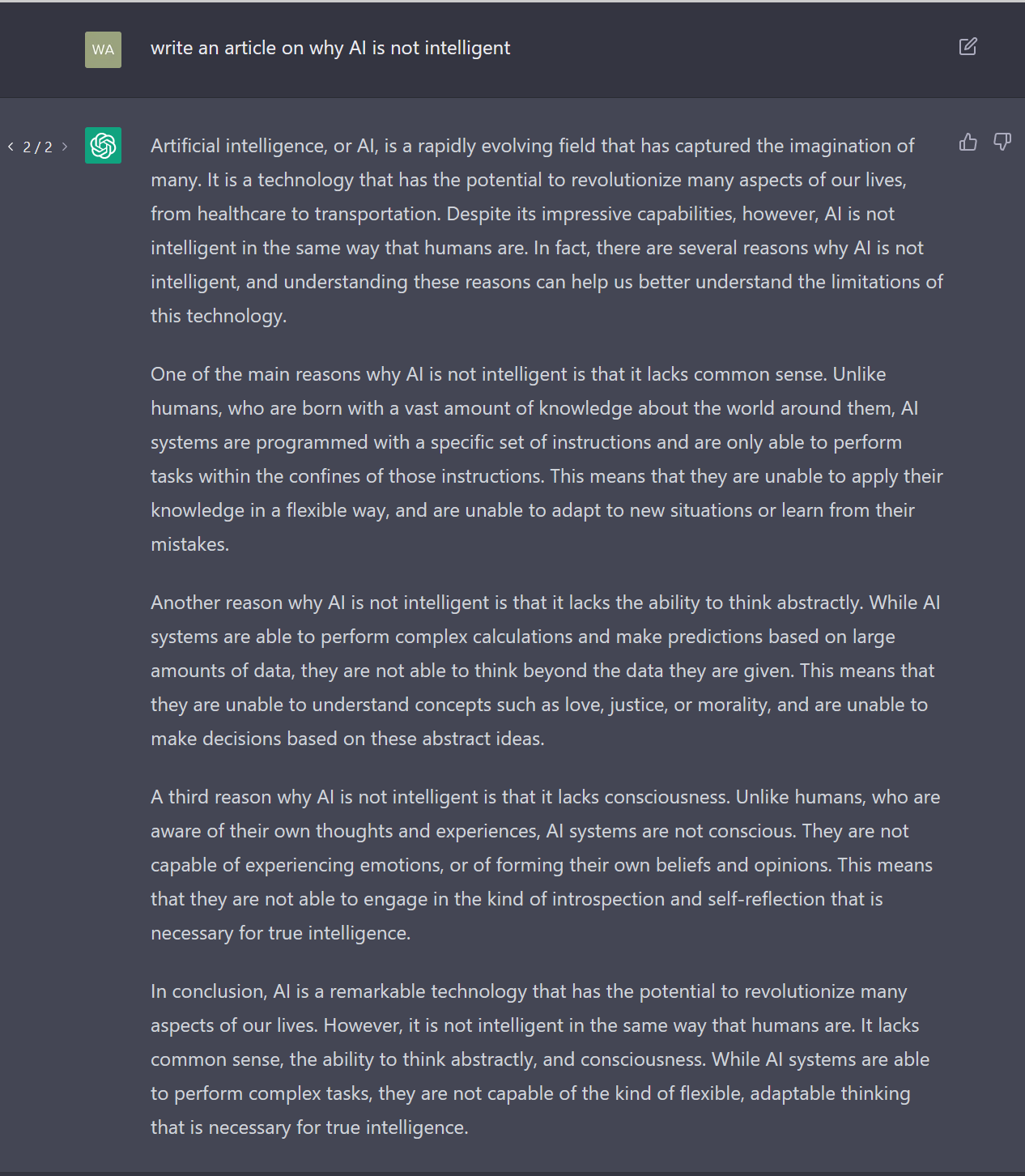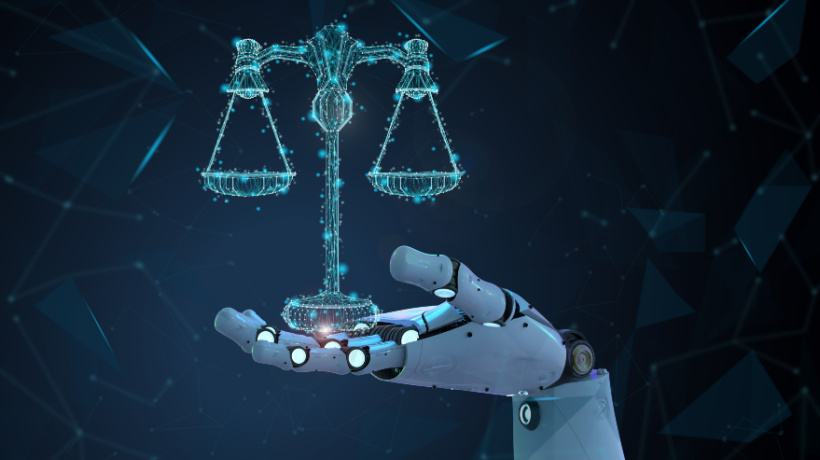Australian science magazine slammed over AI-generated articles
Cosmos, published by Australia's state-backed national science agency, utilized Open AI's GPT-4 to generate six articles that were released last month. The move received criticism from experts who pointed out inaccuracies and oversimplifications in the AI-generated content.
Concerns Raised by Science Journalists Association
The Science Journalists Association of Australia expressed serious concerns regarding the use of artificial intelligence in producing content for Cosmos. Association president Jackson Ryan highlighted issues in an AI-generated article titled 'What happens to our bodies after death?', noting inaccuracies and oversimplified explanations of scientific processes.
For instance, the article mentioned that rigor mortis sets in 3 to 4 hours after death, which contradicts established scientific research on the subject.  Similarly, the description of autolysis as "self-breaking" was deemed misleading by experts.
Similarly, the description of autolysis as "self-breaking" was deemed misleading by experts.
Ryan emphasized that such inaccuracies could erode the trust of readers in the publication and affect its credibility.
Response from the National Science Agency
A spokesperson for the national science agency defended the AI-generated content, stating that it had been fact-checked by a trained science communicator and reviewed by the Cosmos publishing team.  The agency assured that it would continue to monitor the use of AI technology in content creation.
The agency assured that it would continue to monitor the use of AI technology in content creation.
However, concerns were also raised about Cosmos using a journalism grant to enhance its artificial intelligence capabilities, potentially displacing human journalists in the process.
Editors' Perspectives
Former editors of Cosmos, Gail MacCallum and Ian Connellan, shared their reservations about the magazine's reliance on AI for content creation. MacCallum, while supportive of exploring AI, admitted discomfort with letting AI write articles.
Connellan revealed that he was unaware of the AI project during his tenure, suggesting that he would have opposed the idea if consulted.  The debate around AI usage in content creation extends beyond Cosmos, with major publishers and technology companies facing legal challenges over the use of AI models trained on copyrighted material.
The debate around AI usage in content creation extends beyond Cosmos, with major publishers and technology companies facing legal challenges over the use of AI models trained on copyrighted material.
In a recent development, The New York Times filed a lawsuit against OpenAI and Microsoft, alleging unauthorized use of millions of articles to train AI models. 




















